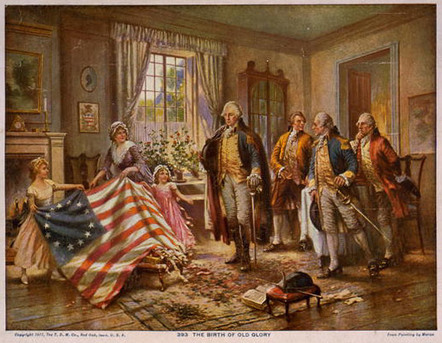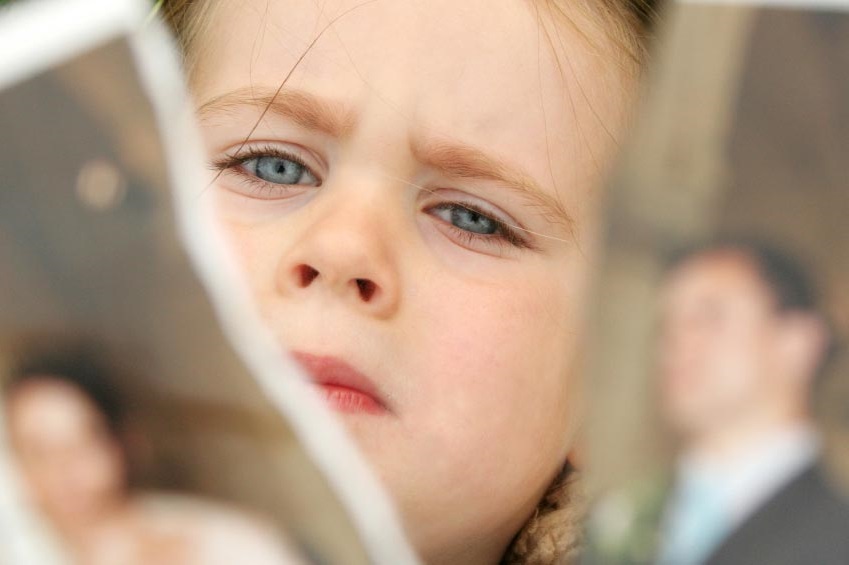 Don't forget that Father's day is this Sunday. For many divorcing or divorced families this means that tomorrow, the June 19th, possession will change. Under the Texas Standard Possession Order, which most people have either as a final or a temporary order, if the child's father is a conservator, he is entitled to possession from 6:00p.m. on the Friday before Father's Day until 6:00 p.m. on Fathers Day, as long as he picks the child up from and drops off the child with the other conservator. (Tex. Fam. Code 153.314(5)). History The holiday was started by Senora Smart Dodd, whose father, William Jackson Smart was a civil war veteran who raised his six children alone. In 1910 a bill was introduced in Congress to make it a national holiday, but it wasn't until 1957 when Maine Senator Margret Chase Smith accused Congress honoring mothers with a holiday, but of ignoring fathers for 40 years and singling out "just one of our two parents". In 1972, the national holiday was finally signed into law.
0 Comments
 Flag Day - the anniversary of the Flag Resolution of 1777 - was officially established by the Proclamation of President Woodrow Wilson on May 30th, 1916. While Flag Day was celebrated in various communities for years after Wilson's proclamation, it was not until August 3rd, 1949, that President Truman signed an Act of Congress designating June 14th of each year as National Flag Day. Why not start a new family tradition and celebrate Flag Day? If you regularly display a flag throughout the year, it may be getting a little tattered and frayed. Flag day is a good time to retire it and purchase a new flag. Teaching your children about the symbolism of the flag and a respect for its traditions will help your children develop a deeper sense of belonging to something greater than themselves. Click here for some more ideas on how to celebrate flag day. Source: usflag.org No Communication, No Cooperation Parents going through a divorce usually are quick to acknowledge that continued parental cooperation is the best thing for their child after the break up. But cooperation requires communication, and communication is a very difficult thing to do successfully in the middle of a contested divorce. Distrust, fear, and many other barriers often get in the way of best intentions. Without good communication about the children, decisions about parenting often breaks down. That is when strangers will be brought in- like court appointed ad litems, psychiatrists, custody evaluators and ultimately a judge, who will make the decisions for the future of your family- something that no good parent should want. Two Homes, Two Personalities One communication barrier that parents often face, but is little understood even by professionals, is why parents often have two very different impressions about how the kids are adjusting to living in two households instead of one. One parent may report that the child is active and cheerful despite the changes. The other parent may report the child is emotional and withdrawn since the changes. It may not be as simple as the two parent's not being able to agree. It may be that the child has in fact actually developed two very different personalities to deal with living in two very different home lives. We know that the basic developmental function of childhood is to learn how to behave in society so we can thrive as adults. Therefore, children are always looking for cues from their parents on how to behave and get along in the world. But what happens when that world splits apart in a divorce and the child is getting two different sets of cues on how to behave in the world? In her 2006 book, Between Two Worlds, The Inner Lives of Children of Divorce. Elizabeth Marquardt reports that the findings of the first United States study of adult children of divorce revealed that children of divorce truly experience a split world. To cope with two sets of behavior cues, children often behave like different people to match the conflicting cues given from each parent. They are trying to interpret the one parent's world view and match it while they live in that house, and then sometimes radically alter their personality to match the other parent's world view when custody is exchanged. As a result parents isolated from each other after divorce may describe their child with very different characteristics and having very different needs. It is little wonder why the parents do not agree on what is best for the child, because they may see two very different aspects of the child in their time with them. What a divorcing parent can do Obviously, the split personalities of the child can't continue indefinately and they must eventually be reconciled. The child may choose on or the other personality or they may be forced to stitch together the two and form their own code of behavior. However it is resolved, the divided child's passage through adolescence may be made more difficult because of it. Parents going through a divorce should do all they can to align their parenting and their parenting cues to avoid children needing to split their behaviors. Here are three things you can do: (1) Come to an agreed custody arrangement that foremost keeps the child's best interest in mind is the a good first start. As long as this is agreed, you will avoid the cookie cutter solutions of a judge or court appointed personnel. You can be as creative and flexible as you need and a professional family law attorney will have various ideas on how to set up the arrangement and make it legally binding. (2) Create a carefully constructed, detailed and written parenting plan is a good next step. This plan should be developed over much discussion and should take different developmental stages into account. Your attorney may be of assistance here, but other social and psychological professionals may give you valuable help too. (3) Inevitably, parenting issues will come up that fall outside the custody or parenting plans. You therefore must do your best to maintain a positive relationship with the other parent and have good communication about unanticipated parenting issues arise. A professional parenting coordinator may be of great assistance if you can't work it out on your own. These steps, and an honest commitment to reconcile different parenting styles before they cause your child to feel like they have to lead a dual life, will go a long way to keeping your children whole. |
Need more information about this or other family law topics in Texas?
Click the button below to book a FREE ATTORNEY CONSULTATION (832) 819-3529
Attorney Sean Y. Palmer has over 20 years of legal experience as a Texas Attorney and over 25 years as a Qualified Mediator in civil, family and CPS cases. Palmer practices exclusively in the area Family Law and handles Divorce, Child Custody, Child Support, Adoptions, and other Family Law Litigation cases. He represents clients throughout the greater Houston Galveston area, including: Clear Lake, NASA, Webster, Friendswood, Seabrook, League City, Galveston, Texas City, Dickinson, La Porte, La Marque, Clear Lake Shores, Bacliff, Kemah, Pasadena, Baytown, Deer Park, Harris County, and Galveston County, Texas.
Call (832) 819-3529 If you live in the Houston area and would like to consult with one of our attorneys, please leave your information below.Archives
July 2024
Categories
All
|
The Palmer Law Firmwww.thepalmerlawfirm.com
(c) 2024 Sean Y. Palmer |
DISCLAIMER:
This website is for educational and informational purposes only and is not, nor is it intended to be, legal advice. Viewing of this website does not create an attorney-client relationship. All legal matters should be discussed with a licensed attorney before you take any action. You should consult with an attorney for advice for your individual situation. Sean Y. Palmer is the attorney responsible for the content of this site. DATA NOTIFICATION: Pursuant to the Health Insurance Portability and Accountability Act, and the Texas Medical Records Privacy Act of the Texas Health and Safety Code, consumers are noticed that their protected healthcare information may be transmitted electronically. |



 RSS Feed
RSS Feed